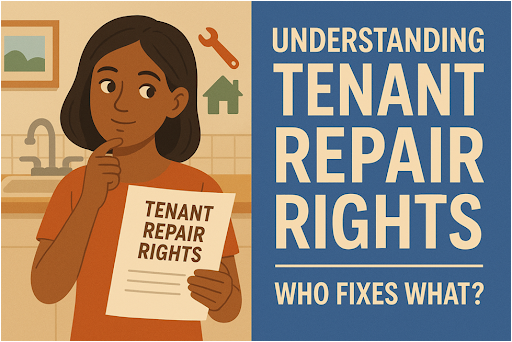Top 5 Things to Check Before Signing Lease Agreement
Signing a lease is one of the most important steps in renting a home or apartment. It’s a legal contract that defines your rights, responsibilities, and the terms of your stay.
But too many renters sign without fully understanding what they’re agreeing to and that can lead to serious problems down the road.
Before you pick up that pen, here are 5 critical things you must check in any lease agreement to protect yourself and avoid legal surprises.
1. Rent Amount, Due Date, and Grace Period
The first thing to check obviously is the monthly rent amount. But don’t stop there. Also look for:
⦁ The due date each month
⦁ Any grace period for late payments
⦁ The late fee amount and when it applies
⦁ Payment method (check, online portal, direct deposit)
Many leases charge steep penalties for late rent some even begin on the second day of the month. Confirm everything is written clearly. If anything feels confusing or vague, ask for clarification in writing.
2. Security Deposit Terms
Security deposits are often a major point of conflict. Before signing, make sure your lease specifies:
⦁ How much the deposit is
⦁ When and how it will be returned
⦁ What can be deducted (e.g., cleaning, repairs, unpaid rent)
⦁ A timeline for return (usually within 14–30 days after move-out, depending on your state)
Document your apartment’s condition when moving in (photos, video), and request a move-in checklist signed by your landlord. This helps avoid disputes when it’s time to move out.
3. Maintenance and Repair Responsibilities
Who fixes what? Don’t assume your landlord will handle everything. A good lease should clearly explain:
⦁ What repairs the landlord is responsible for (e.g., plumbing, appliances)
⦁ What’s expected from you (e.g., replacing light bulbs, taking out trash)
⦁ How to submit maintenance requests
⦁ Response times for urgent repairs
If your landlord fails to fix critical issues like heat, water, or structural damage, you may have legal tenant rights to enforce timely maintenance or even withhold rent in some cases.
4. Lease Term and Renewal Policy
Not all leases are created equal. Some are month-to-month, while others lock you into 12+ month terms. Know the details before you sign:
⦁ Start and end date
⦁ Renewal terms—does it auto-renew?
⦁ Notice required for moving out (usually 30–60 days)
⦁ Early termination clause and any fees
If you expect changes in your job, school, or lifestyle, you’ll want flexibility in your lease. Otherwise, you could be stuck or pay expensive early exit fees.
5. Rules, Restrictions, and Penalties
Lease agreements often contain house rules that, if broken, could get you evicted or fined. Look for clauses about:
⦁ Guests and overnight stays
⦁ Subletting or Airbnb use
⦁ Pets and pet deposits
⦁ Noise and quiet hours
⦁ Smoking policy
⦁ Altering the unit (e.g., painting walls)
These clauses may seem minor, but violating them intentionally or not could lead to warnings or legal notices.
Bonus Tip: Get It All in Writing
Verbal promises don’t count in court. If your landlord offers to “fix that later” or “waive the fee,” make sure it’s written into the lease or added as an addendum. Email is okay, but signed documents are better.
Final Thoughts
A lease isn’t just paperwork it’s a binding contract. Taking time to understand it now can save you from misunderstandings, costly mistakes, and legal issues later.
Want a full breakdown of your tenant rights? Learn how to protect yourself from day one, and make smarter decisions before you sign.


